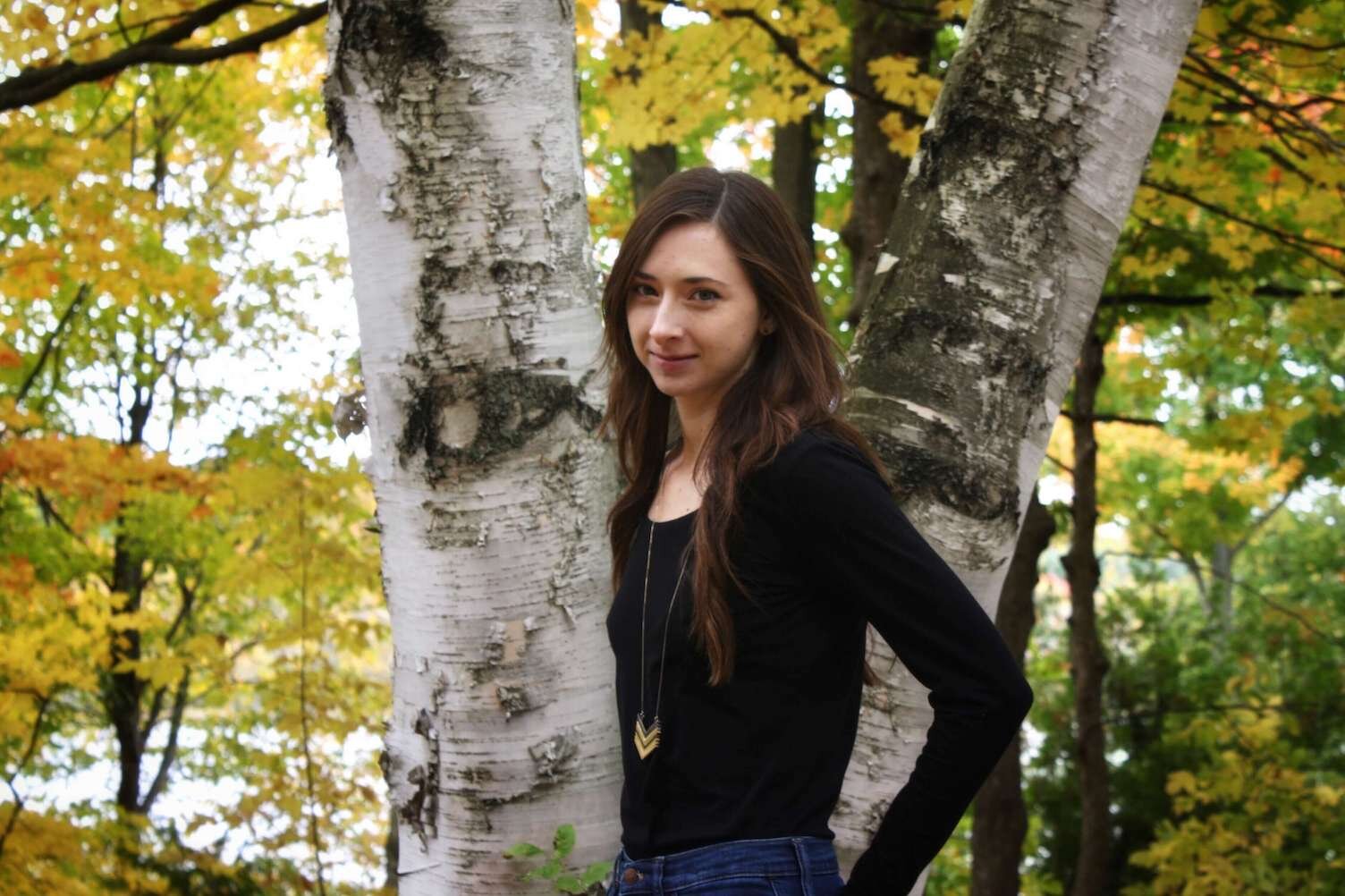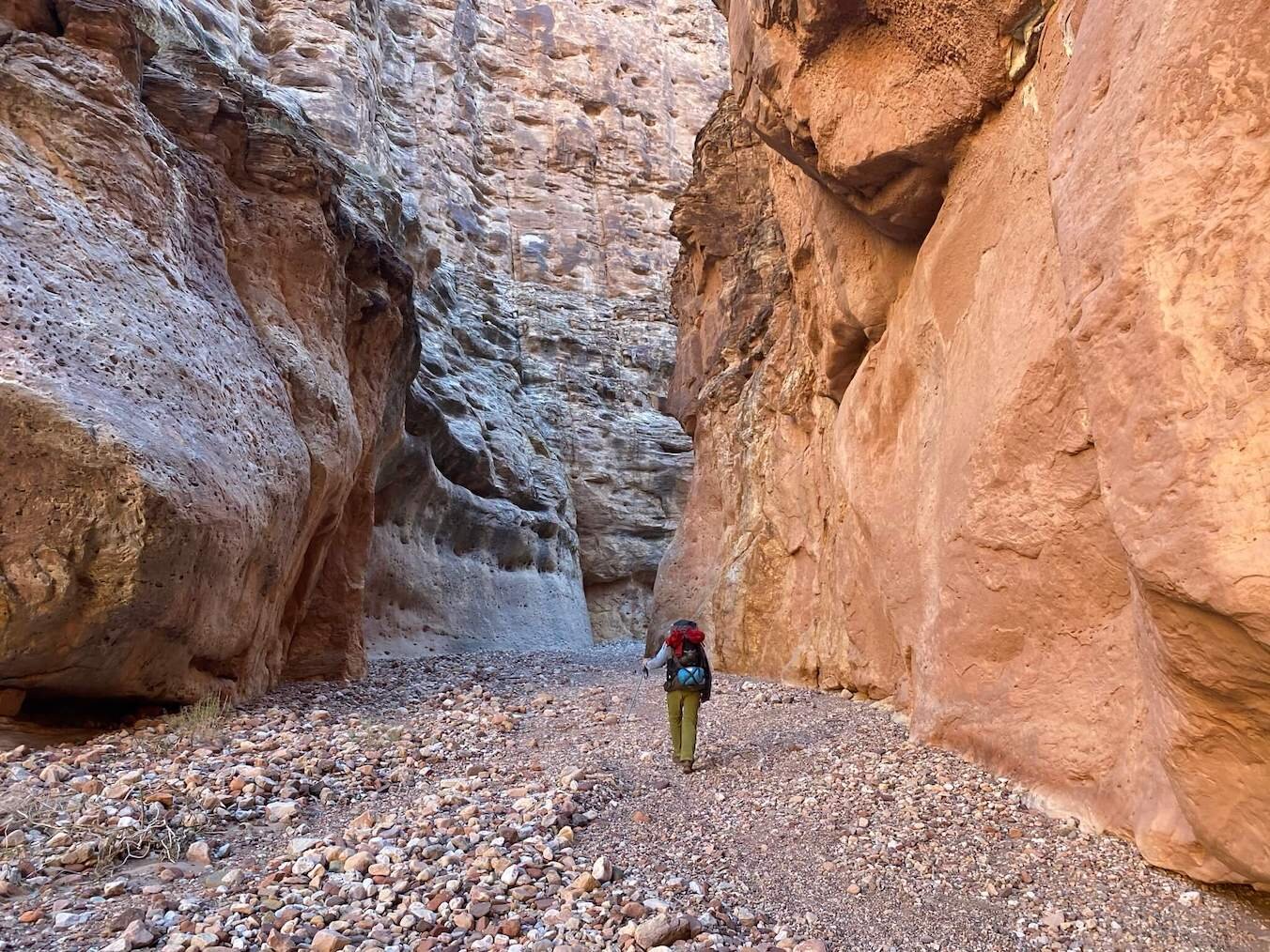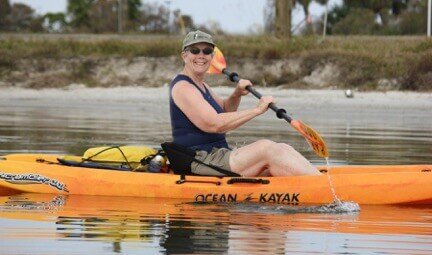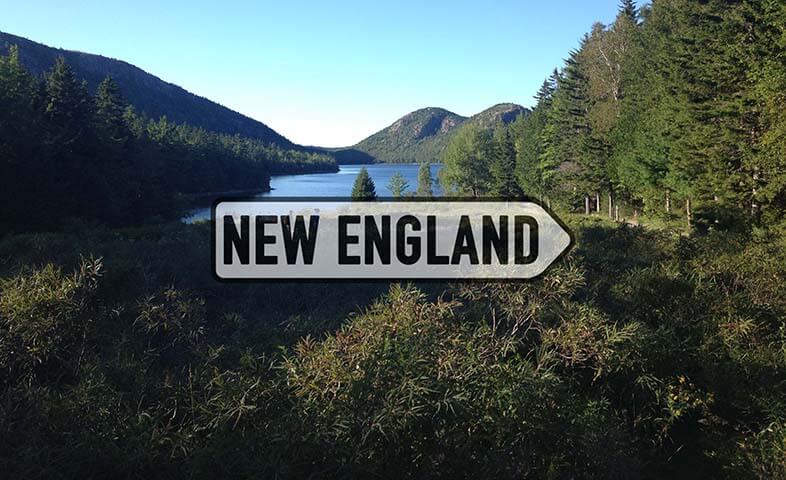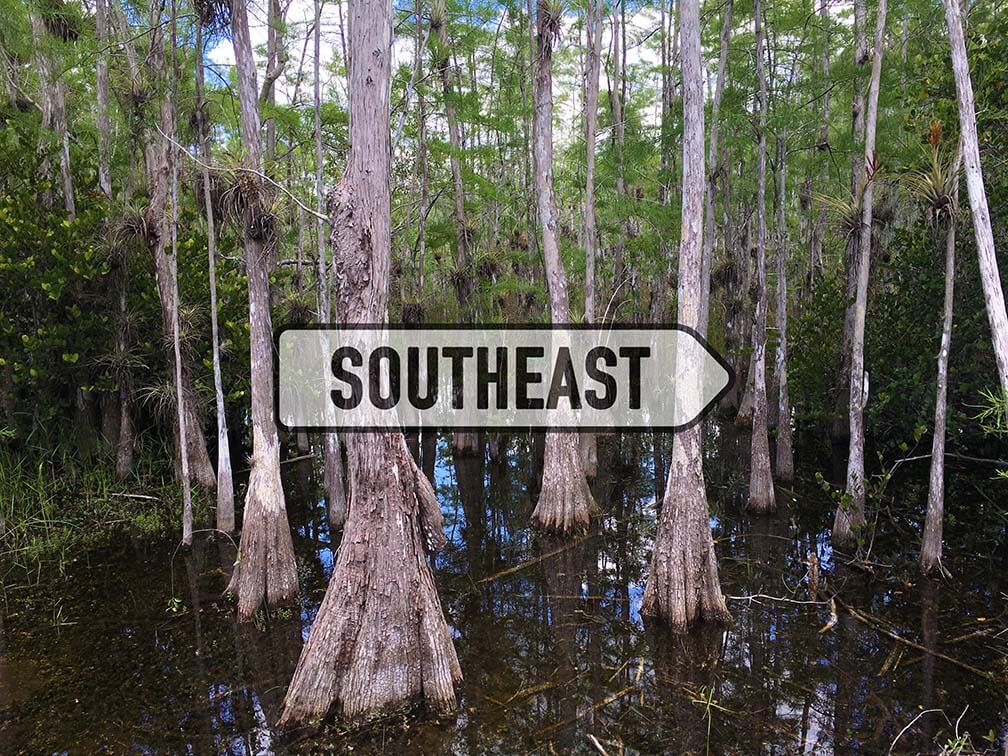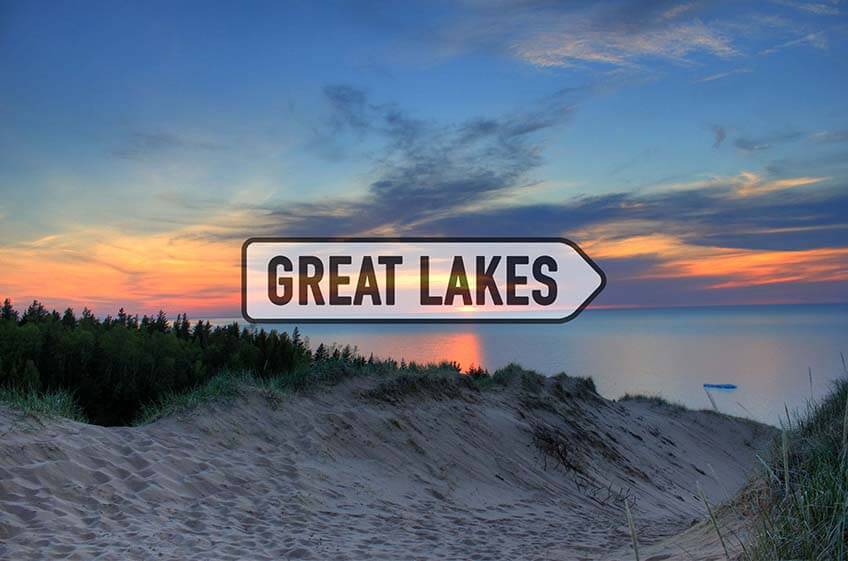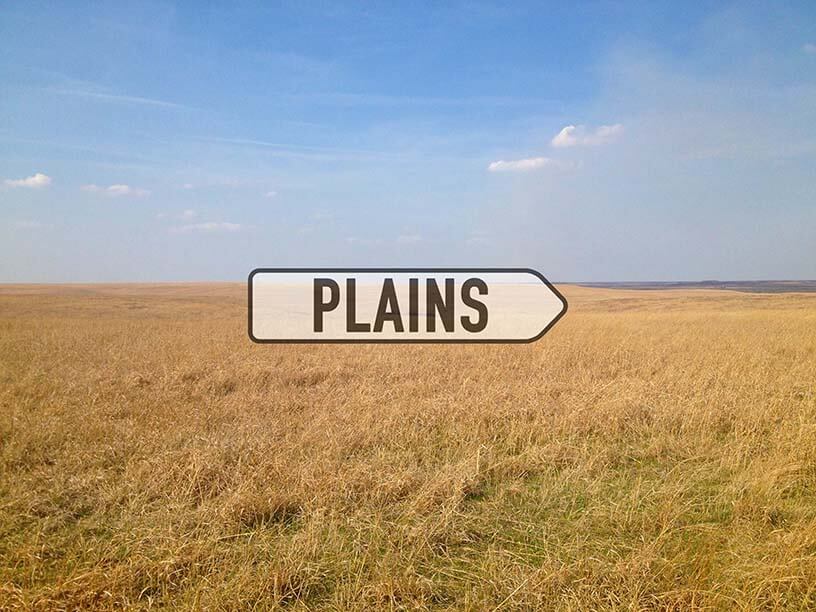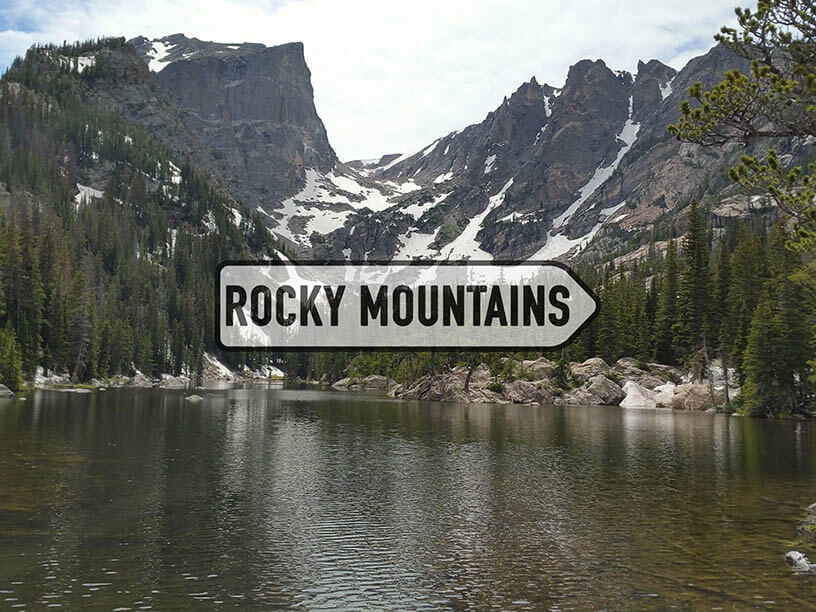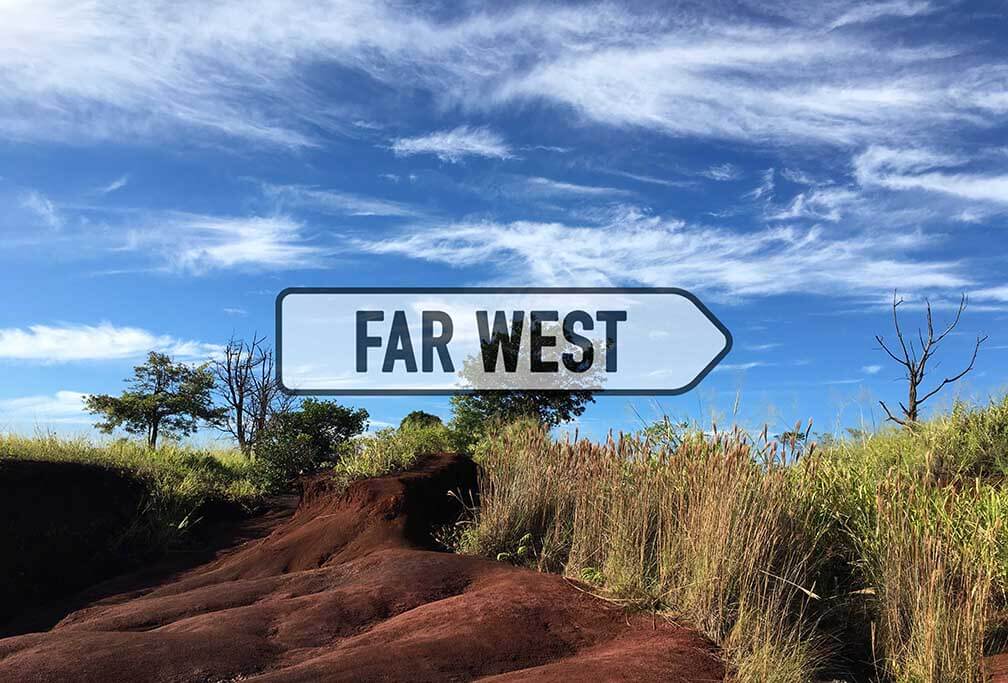Somehow we find our way back,
diamond blazes winking stars in skies papered with bark.
Without our packs, we are wood thrush darts at dusk
along Rough Trail. All feather, soft and furious.
The last needles of light prick us
and we cry out to creek bed moss, to our nest
beneath the do not camp here sign
hammered into pine.
Our tent waits, water thumping
like the tail of a dog circling camp.
Cicadas play accordion rhythm.
Blood pumps, my body a sharpened weapon.
We call out mile markers, each a lottery ticket number
held in our fist. 4.5 miles. We count down the sun.
At Gray’s Arch, I don’t want the memory of a picture only.
In the orange light, you tear open a Clif Bar,
uncap the camera lens. Too much to capture,
sculpted by wind and water. Instead you beckon me
to crouch over white-haired goldenrods,
shy patches growing in sandstone shadow
below the navel of the arch. Endangered species.
The forest drains of light as we step over softened logs
to safety. We click on our headlamps,
snap high branches, pull trash from our pockets for a small fire.
We flicker, bright floret of a matchstick.
Smoke carries us into another day unzipped.
Shelby Newsom is a writer and editor residing in Michigan. She is the Associate Editor and Social Media Manager at Autumn House Press, the Poetry Editor of Coal Hill Review, an Associate Editor of Deep Wild Journal, and a Fact Checker for Creative Nonfiction Foundation. She received her MFA from Chatham University. Her work has been featured in Flyway, Pilgrimage Magazine, Deep Wild Journal, The Hopper, and Hawk & Whippoorwill. Discover more of her work at shelbynewsom.com.
Featured image “Gray’s Arch” by Sean Underhill (filters applied) CC BY 2.0


